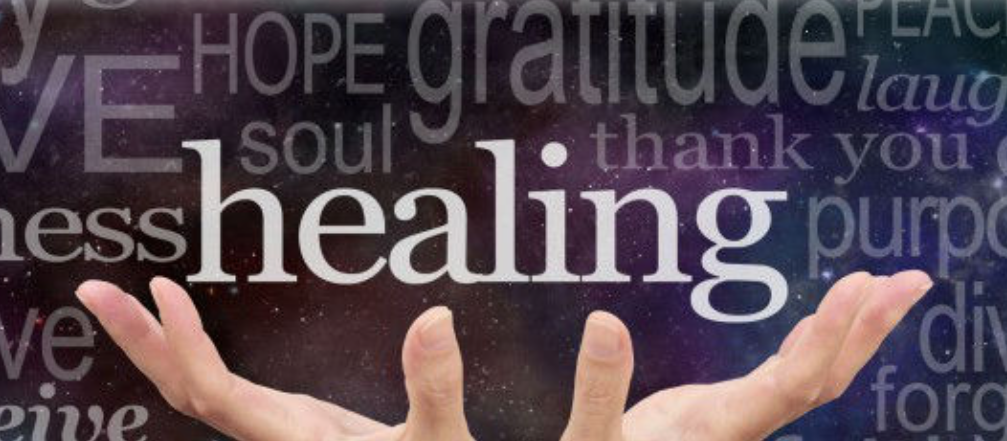Have you heard of Ketamine treatment for addiction?
Depression and Addiction
Depression is rampant, even more-so within the addiction population.
One of the things that have come across my desk lately, or actually my couch, has been the use of ketamine for TRD (treatment-resistant depression). As a psychologist, sexologist and CSAT I see all kinds of depressed people, recovering addicts notwithstanding. As do most other mental health professionals, this is all something we should know about.
There is a number of patients in which depression does not recede. The disease process, of which we know little about, is challenging and can be, at times, life-threatening. With over 14 million Americans, depression is the leading cause of disability and the third leading cause of death for 15-24-year-olds.
Depression is an important health concern and for which we have had and continue to have inadequate treatment. This is astounding given the damp results that have been documented from the treatment of antidepressant medications. The pharmaceutical industry has failed in its attempts to treat depression for decades. The effects of most antidepressants are short-term at best and for some for whom the medication does work, it can take weeks to see a change. Further, we do not completely understand the effects of our organ systems and physiology on our symptoms.
Ketamine Treatment-Can it Help?
Ketamine is an anesthetic and has been used as a street drug for a long time. More recently, it has been found to be effective in reversing, albeit temporarily, suicidality in the TRD population. Sometimes this is all that is needed to get someone back on track to repair. Most addicts are depressed; as such Ketamine has been useful in this population.
Ketamine inhibits GABA release, a neurotransmitter in the brain which slows down the release of dopamine, another neurotransmitter, and glutamate, a neurotransmitter linked to depression and addiction. End result- there is more glutamate which is vital for rebuilding the brain’s reward system. Addicts are a large audience for depression. In fact, there is an overlap of 45-60%. A chicken and egg phenomenon, both need to be treated.
Ketamine is typically administered as a low-dose intravenous infusion over 40 minutes; there are typically 6 treatments that span two weeks. This process is done by a qualified medical professional since a comprehensive assessment (for risk and results) and monitoring process is mandatory, given that this anesthetic can cause uncomfortability and/or symptoms in a few. The method of administration is an area of further study for improvement.
Ketamine is not the panacea; it is good, however, for reversing severe depression and the suicidality that accompanies it: it can reverse it quickly. It is quickly becoming popular in the US. Several recent studies have found and replicated the finding that Ketamine treatment results in the rapid reduction of symptoms, again, particularly targeting the suicidality.
What about long-term?
The primary concern regarding Ketamine has been the long-term efficacy. If a drug such as this can reverse something so powerful, what is the protocol after the last treatment? What happens after treatment ends? We need further knowledge on the long-term effects following ketamine treatment as well as understanding how this drug effects depression and the physiological and emotional physiology of depression itself.
There are reportedly approximately 60 doctors in the world right now administering Ketamine for treatment-resistant depression. Psychiatrists are slow to get involved; Yale is now offering a one-year track in interventional psychiatry. Typically, addiction medicine doctors board certified in anesthesiology are offering this treatment.






